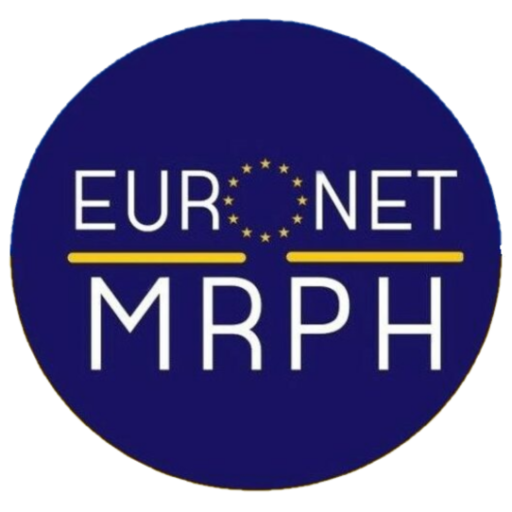We organized a discussion group on themes related to Public Health Informatics (PHI), especially Big Data, during the Euronet Meeting in Valencia. Our group attracted much interest, becoming one of the biggest discussion group during the meeting. The participants were involved in discussions about hot themes in the application of informatics and advanced data analysis to health problems: for example, what are Big Data, Electronic Health Records, machine learning and its possibilities and limitations, using geographic data for health planning, the range of possibilities for population studies allowed by the use of internet usage data, like search engines data, social network data (the so-called Digital Epidemiology), etc… We discussed such topics alternating request for information, personal experiences, and discussion of Public Health implications. We also focused on the ethical implication of Big Data; we considered how essential is to get access to precise and rich data for better health programming, but much care must be taken regarding how this data is treated, stored and distributed. We made some examples, like being theoretically possible to identify specific persons using even anonymized data, or that insurance companies and employers could use genomic data about one person and treat them differently on a hypothetical risk of disease. We also discussed a bit regarding the new European law for General Data Protection Regulation (GDPR), and its implications for research purposes. It was also remarked that data digitalization without enough technical expertise could lead to data losses or worse to exposition to informatic attacks (e.g., ransomware).
We cited how the technology called Blockchain, the backend of the bitcoin, that works by creating encrypted, redundant, decentralized copies of the modifications of the data can be a solution to health data management, interchange, and security.
It was also discussed that too much privacy in certain settings could hinder the development of research that would be beneficial for Public Health but not possible in these days for privacy and corporate concerns. One example are the limitations on access to Google Search and Twitter data that would allow to follow health discussion and even identify possible cases of disease a lot faster than usual surveillance systems.
These discussions led us to wonder if training provided by our Public Health Schools on this matter is enough and coherent with the rapid evolution of information technology. We thought about creating a Euronet working group which aim is to map the presence of informatics courses in Public Health training schools along Europe and evaluate which topics are covered and whether the program is up to date with the latest development.
Finally, we created a WhatsApp discussion group where people can share material about the application of informatics to Public Health.
Brief bibliographyBig Data in Public Health: Terminology, Machine Learning, and Privacy
https://www.annualreviews.org/doi/full/10.1146/annurev-publhealth-040617-014208
